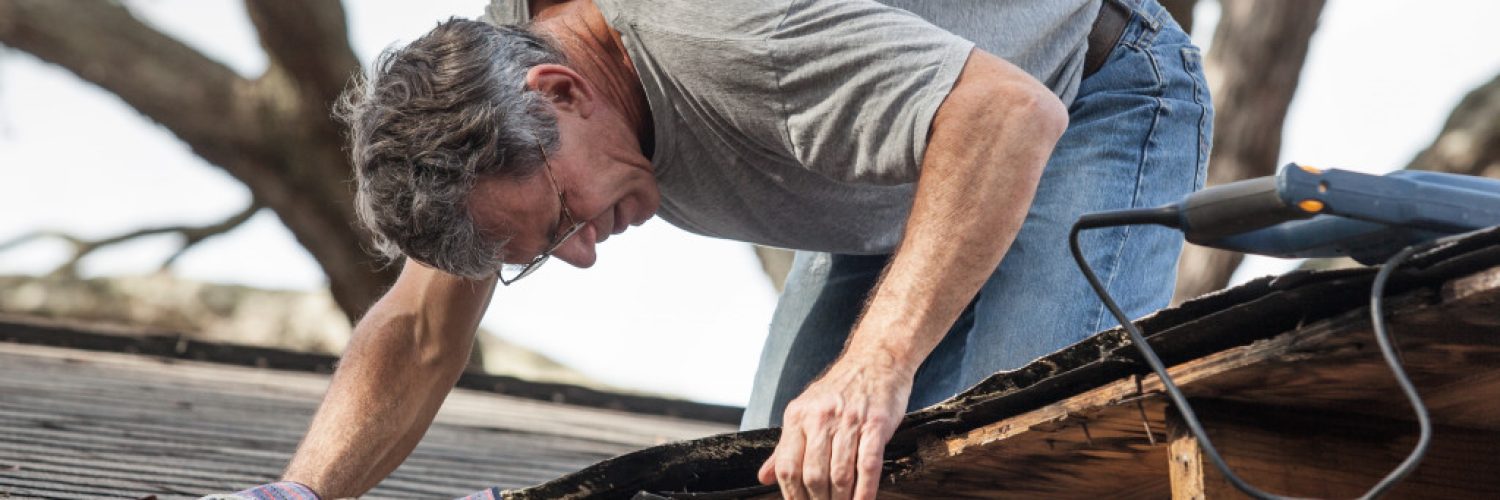One of the various mistakes of some homeowners is that they think natural disasters will never happen to them. They also believe that their home is safe from any type of extreme weather because it has withstood the test of time. However, this thinking is wrong because no one is safe from Mother Nature.
Your home is always at risk from weather conditions like hurricanes to flash flooding. The more you neglect your home, the more vulnerable it becomes to damage. And as a result, you will have to spend a lot of money on repairs. That is why it is essential to take proactive measures to protect your property from extreme weather. Below are some home improvement tips that can help:
Check your roof regularly
Oftentimes, homeowners think about their roofs only when there’s an issue. However, your roof is one of the most critical parts of your home, and it’s essential to take steps to protect it. One of the best ways to do this is to check your roof regularly for signs of damage. Look for cracked caulk, missing or damaged shingles, and rust spots. Some signs of a damaged roof would also include leaks and water stains on your ceilings. If you notice any of these problems, be sure to call a professional roofing contractor right away.
If you spot any problems, make sure to have them repaired promptly. Taking these simple steps can help you avoid costly repairs down the road and protect your home from severe weather conditions.
Strengthen your sidings
Strong sidings can protect your home from high winds, hail, and other severe weather conditions. If you have an older home, it’s essential to check the condition of your sidings. Look for cracks, holes, or loose boards. These problems can make your home more vulnerable to damage during a storm.
If you’re not sure how to properly inspect your sidings, you can always hire a professional siding contractor to do it for you. They will be able to identify any areas that need to be repaired or replaced. They will also help you choose suitable material for your home. From vinyl siding to fiber cement, there are a variety of options to choose from. Each with its own set of benefits.
Install proper drainage
The rainy season is when most homeowners start worrying about water damage to their homes. Heavy rains can cause flooding, leaks, and other problems that can be expensive to repair. One of the best ways to protect your home from severe weather conditions is to install proper drainage. By redirecting water away from your foundation and towards drains or other outlets, you can minimize the risk of water damage.
In addition, proper drainage can help prevent soil erosion around your home, destabilizing foundations and leading to further damage. Whether you’re installing new gutters or simply making sure that your existing system is in good working order, taking steps to improve your home’s drainage is one of the best ways to protect it from severe weather conditions.
Trim trees and shrubs

Another way to help protect your home from severe weather conditions is to trim trees and shrubs. This will help to ensure that branches are not able to snap and fall during high winds, which could cause severe damage to your property. In addition, trimming back trees and shrubs will also help to reduce the amount of debris that can be blown around during a storm. While it may seem like a lot of work to keep your trees and shrubs trimmed, it can ultimately help to save you time and money by preventing damage to your home during severe weather conditions.
Board up your windows
Boarding up your windows will help to keep out flying debris and prevent water damage. When boarding up windows, it is important to use sturdy materials such as plywood or hurricane shutters. You should also make sure that the boards are securely fastened in place. In addition, it is a good idea to tape any cracks or seams in the boards to further reinforce them. By taking these precautions, you can help to ensure that your home is well-protected against the elements.
Final thoughts
By following these tips, you can help reduce the damage to your home in the event of extreme weather. You should also keep an emergency kit on hand in case you need to evacuate at a moment’s notice. And lastly, make sure you have a plan in place so that you know what to do if severe weather does strike.

